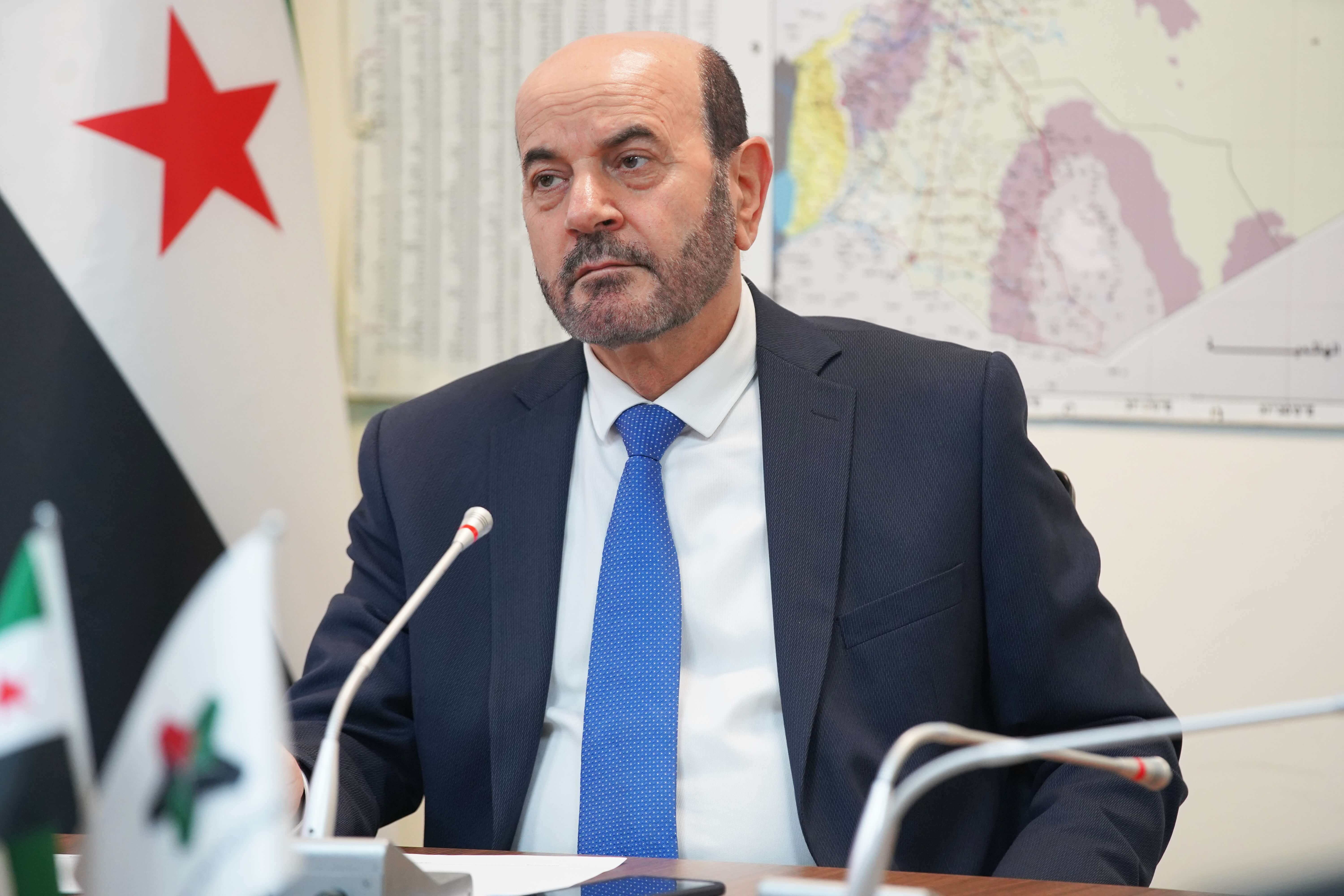Ahmad Baccora, Coordinator of the Refugees and Displaced Persons Working Group in the Syrian Opposition Coalition (SOC), expressed deep appreciation for the ongoing efforts of the United Nations High Commissioner for Refugees, Filippo Grandi, to improve the humanitarian conditions of Syrian refugees returning from Lebanon, as well as Lebanese refugees going to Syria, despite the serious challenges and complex risks surrounding this issue. He noted that the UNHCR’s commitment to protecting the rights of refugees and ensuring their safety is the cornerstone of humanitarian work, which is widely respected.
Baccora emphasized that the Assad regime is the primary cause of the crises facing the Syrian people, particularly the refugee crisis. The regime’s massacres and gross violations against civilians have forced millions to flee in search of safety. He stressed that involving the regime or relying on it in any efforts to return refugees contradicts the reality on the ground, as the regime continues to employ the same repressive tactics that led to the displacement of Syrians in the first place.
Baccora pointed out that a significant percentage of Syrians returning from Lebanon are not economic migrants but refugees who were forced to return due to the war and increasing tensions in Lebanon. He explained: “These returnees face real dangers, such as arrest, forced conscription, and detention. They return under pressure, not voluntarily.” After their return, many suffer from harsh living conditions and live in fear of repression, often attempting to flee regime-held areas again in search of safety. Human rights organizations have recently documented the arrest of numerous returnees, the forced military conscription of young men, and repeated summonses to security services, raising serious concerns about their safety.
Baccora added that although the regime claims it is ready to cooperate, it has in fact lost significant control over its security and military apparatus, as well as the militias and forces allied with it. He explained that this internal chaos makes it unlikely that the regime can fulfill any guarantees it provides, as both Syrian and foreign military actors operate independently and outside its direct control. This increases the risk of returnees being subjected to violations or arbitrary arrests. Baccora pointed out that Bashar al-Assad’s inability to control allied militias weakens his ability to deliver on promises related to the safety and protection of returnees.
He cited recent incidents where Assad regime security forces arrested two young men in the town of Baqras, in the eastern countryside of Deir Ezzor, and transferred them to compulsory military service, ignoring the dire circumstances the men and their families were facing after being forced to return due to bombardment. In Sweida, the regime arrested four young men in two separate incidents earlier this month while they were fleeing from Lebanon to Syria.
Baccora stressed that any international efforts to support Syrians forcibly returned due to war, as well as the international community’s failure to protect them, must be linked to real legal and humanitarian guarantees that protect them from arbitrary arrest, forced conscription, and any form of exploitation. Humanitarian aid should also be delivered through independent international organizations to ensure transparency and integrity, and to prevent the misuse of aid for political purposes, in order to uphold basic humanitarian principles.
Baccora concluded by stating: “We are fully aware of the enormous challenges facing Grandi and his team in implementing their humanitarian mission. Continued cooperation between the High Commissioner and the international community is essential to achieving fair and sustainable humanitarian outcomes.” He added: “We are confident that their unwavering commitment to protecting human rights and refugees will remain at the forefront of every step. Additionally, we affirm that a comprehensive political solution, in accordance with Security Council Resolution 2254, and a political transition are the only ways to resolve the crises in Syria and ensure the return of Syrians to their homeland with dignity and safety.”
(Source: SOC’s Media Department)













